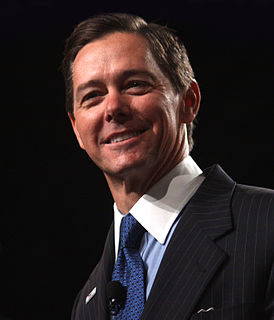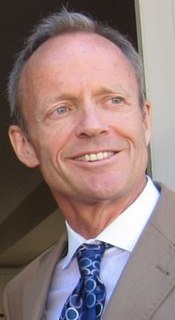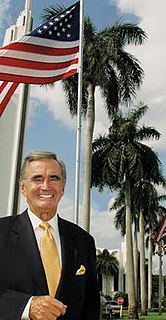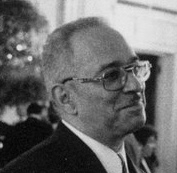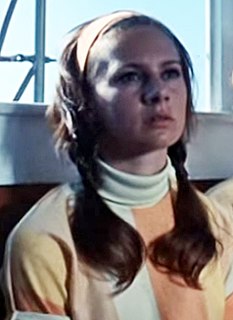A Quote by Rick Scarborough
Beginning in 1962... the courts began to systematically secularize the nation, reflecting its view that God and the Scripture had no place in the public arena.
Related Quotes
From the very beginning, I started preaching when I was 16 years old. So I began studying Scripture very seriously. I had done over a hundred revivals in Baptist churches before I was 20. So I am studying the Scripture as a kid and I'm noticing that Christians often wanted to excuse God from things that God doesn't need excusing from.
In the 1960s, various parts of the population became energized and began to enter the public arena to call for the rights of women, students, young people, old people, farmers and workers. What are called "special interests" - meaning the whole population - they began to press to enter the public arena. And they said that puts too much pressure on the state and therefore we have to have more moderation in democracy and they should go back and be quiet and obedient.
In terms of applicability to today's world, many people are trying to domesticate Scripture so as to get the PC answer, the politically correct answer on a wide range of subjects, whether it's homosexual marriage, or a certain view of government, or a certain view of eschatology or whatever. At the end of the day we want also to encourage the kind of reverent handling of Scripture that wants to be corrected by Scripture, that is more eager to be mastered by Scripture then to master it.
Today courts wrongly interpret separation of church and state to mean that religion has no place in the public arena, or that morality derived from religion should not be permitted to shape our laws. Somehow freedom for religious expression has become freedom from religious expression. Secularists want to empty the public square of religion and religious-based morality so they can monopolize the shared space of society with their own views. In the process they have made religious believers into second-class citizens.
Faith should be pulled into the public arena when it affects how we live. If it doesn't, it does no earthly good. What does my faith say about the fact that a girl can't be a nuclear physicist because she's black and from the inner city? My faith says, no, that's not what God intended. It pulls it back into the public arena the idea that there's got to be something fair for all of us.
Once I returned to the Church and began to see the universe as a place that really did incorporate redemption and really tried to understand the implications of there being a God, my identification with the vampires as outcasts, as outsiders and lost souls began to totally wane. It no longer worked for me. I had done it. It had led me to this point.



